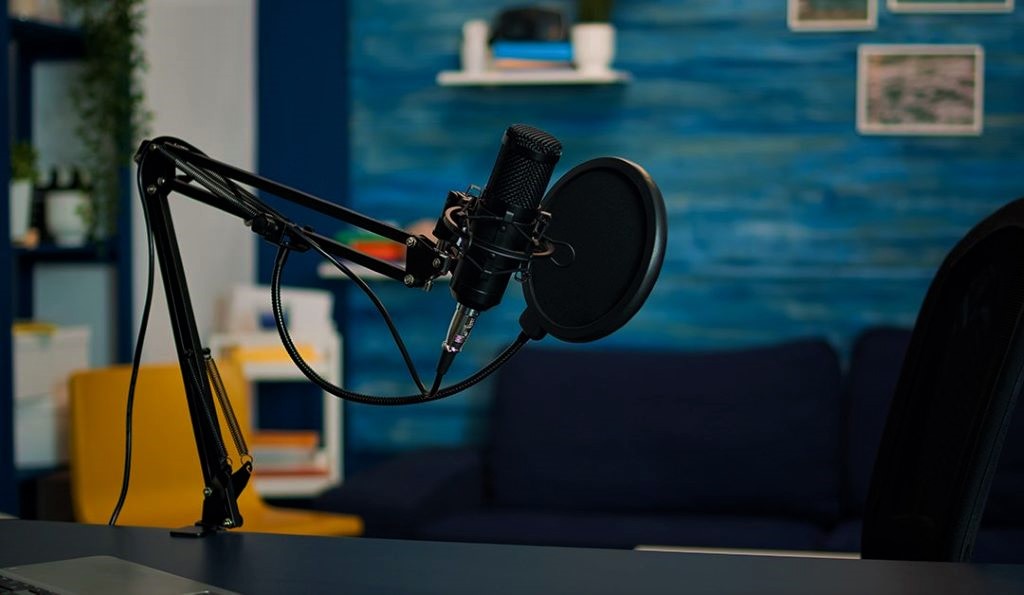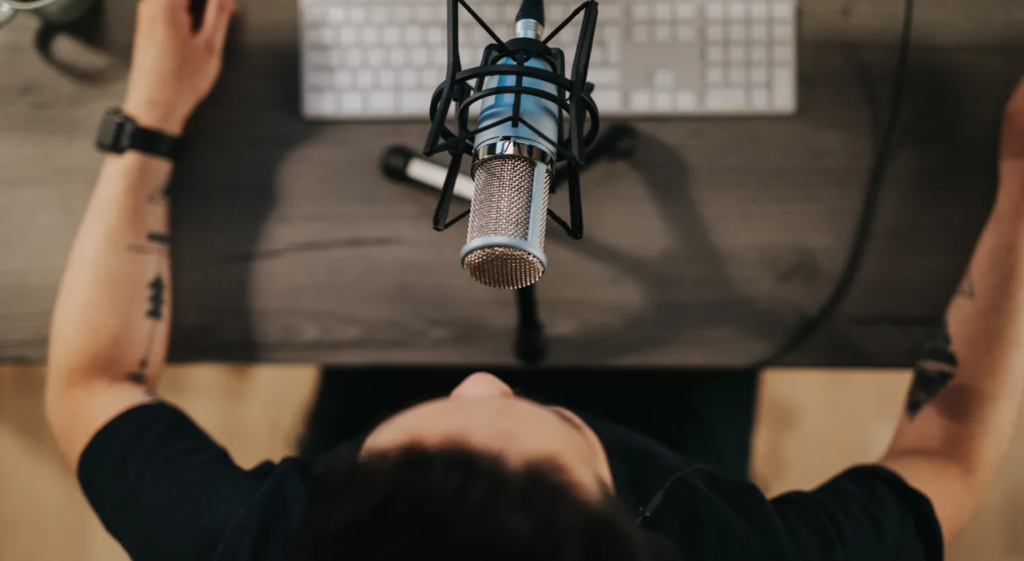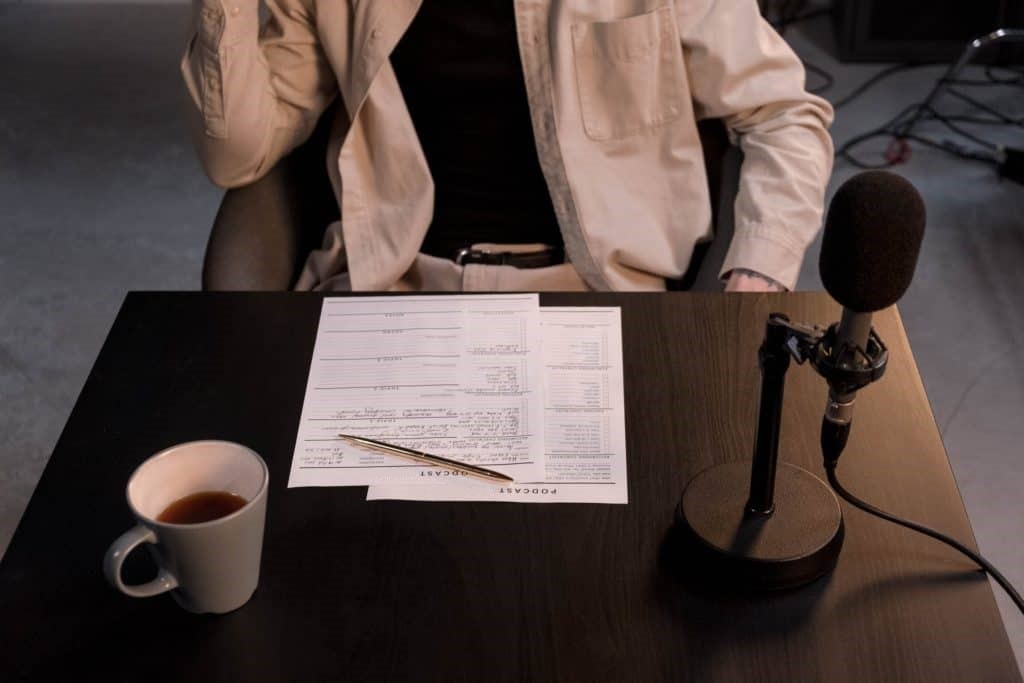Welcome back to another episode of Into The Airbnb, where we talk with Airbnb hosts about their short-term rental experience. Today’s guest is Sheila Rasak, an ex Airbnb host who decided to leave Airbnb in order to continue her career as a property manager and an Airbnb Host Consultant. Today, she’ll share with us about […]












